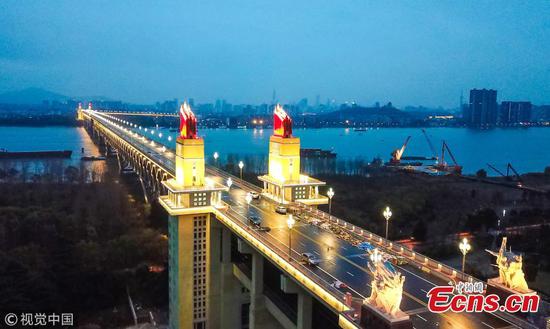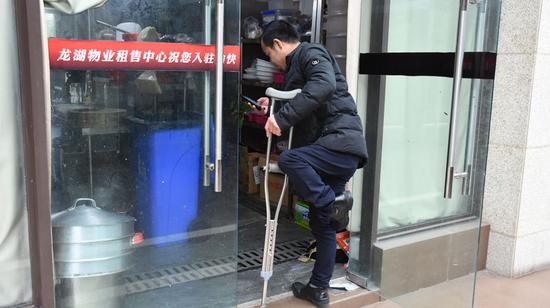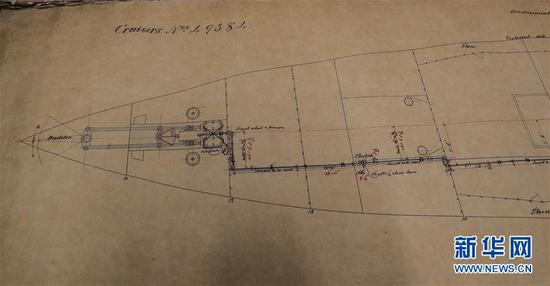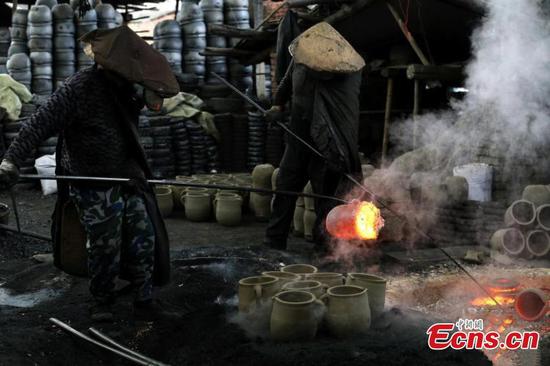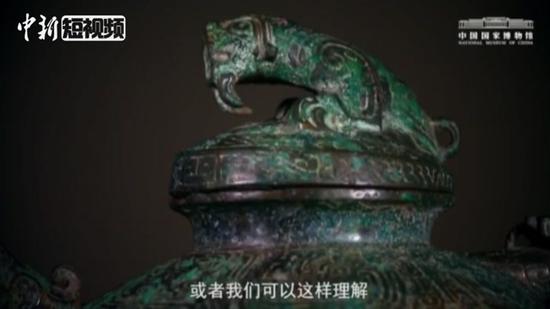Experts suggest tough penalties, physical barriers to deter behavior
Legal experts have called for tougher penalties for passengers who endanger public safety by attacking bus drivers and suggested that bus companies further improve their security arrangements.
China has seen a rise in such crimes in recent years. A report issued by the Justice Big Data Institute on Monday said that Chinese courts adjudicated 223 criminal cases of arguments or attacks involving passengers and bus drivers from Jan 1, 2016 to Oct 31. The number last year was about 5 percent over that of 2016.
Nearly 70 percent of defendants were passengers, and they argued or attacked the drivers mainly over "trivial things", such as fares or missing stops, it said.
About 30 percent of passengers interfered with drivers by pulling on the steering wheel while the bus was moving, bringing deaths or injuries in about 40 percent of the cases, it added.
Although more than 80 percent of defendants were given prison terms for endangering public security, intentional injury or disturbing public order, "many of them got sentences with a reprieve", said Lin Wei, vicepresident of the University of the Chinese Academy of Social Sciences.
During a seminar earlier this month, he suggested that punishments should be heavier. The seminar was organized by the Supreme People's Court to discuss a fatal crash in Chongqing on Oct 28 in which a bus plunged from a bridge into the Yangtze River.
Video in the high-profile case showed a female passenger attacking the driver before the crash. Thirteen people died and two others remain missing.
"Causing harm to a bus driver is more serious than other dangerous behaviors, particularly if the vehicle is moving," Lin said. "The frequent application of a suspended sentence is not effective in preventing such offenses."
The Criminal Law says that people convicted of endangering public security will face at least three years in prison, "but we're prudent in applying the penalty, especially when some attacks between drivers and passengers did not really endanger public safety," said Hu Yang, a judge of the Beijing Fengtai District People's Court.
Some drivers, for example, controlled the vehicles better, such as applying brakes in a timely manner as they were being struck by passengers, he said.
Lin suggested going further: "We should warn defendants through penalties that their actions were too dangerous, even if an accident did not result. If the punishment is too lenient, few will learn a lesson from it."
Yu Haisong, an official at the top court, said a suspended sentence can be applied, "but when to apply it should be further specified in the law".
All the specialists suggested that bus drivers should make safety their priority if attacked and take effective measures to prevent a crash, regardless who is at fault.
"Also, security facilities should be improved in buses," Yu said. "For example, independent driver's cabins or a button for calling the police in an emergency need to be installed in buses."

























